Pioneering Gene Therapy Shows Promising Results in Parkinson’s Disease Trial
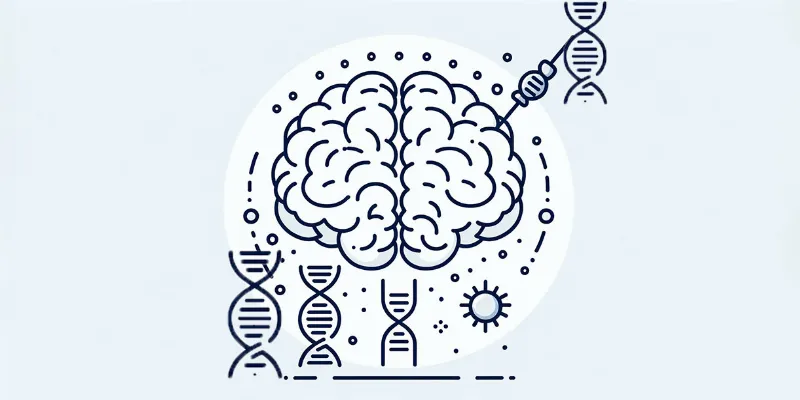
5 January 2024
In a landmark development, Bayer AG and AskBio announced the completion of their 18-month Phase Ib trial of AB-1005, a novel gene therapy for Parkinson's disease, yielding encouraging results. Demonstrating safety and feasibility, this investigational therapy, which involves a one-time neurotrophic factor delivery to the brain, showed promise with patients tolerating it well.
Asklepios BioPharmaceutical (AskBio), a subsidiary of Bayer AG, conducted a pivotal study on AB-1005, a novel gene therapy for Parkinson's disease. This trial enrolled 11 patients across mild and moderate stages, focusing on the safety of a singular bilateral delivery of AB-1005 to the putamen. The results were notably promising, showing the therapy's tolerability without serious adverse events. This success lays the groundwork for an anticipated Phase II trial in 2024, offering renewed hope for effectively treating Parkinson’s degeneration.
The treatment, AB-1005, involves a one-time neurosurgical delivery of adeno-associated viral vector serotype 2 (AAV2) containing the human glial cell line-derived neurotrophic factor (GDNF) transgene. This approach aims to enable stable and continuous expression of GDNF in the brain, potentially offering a breakthrough in treating Parkinson’s.
Encouraging Early Data
Dr. Krystof Bankiewicz, Scientific Chair at AskBio, expressed optimism, stating that while much remains to be learned about this investigational gene therapy, the initial findings are promising and will guide further clinical advancement of AB-1005 for Parkinson’s disease treatment.
Phase II Trial and Potential Impact
The success of the Phase Ib trial is a vital step forward, as emphasized by Christian Rommel, of Bayer’s Pharmaceuticals Division. He stated, “The positive outcome of the AB-1005 Phase Ib clinical trial is an important step forward in our goal to deliver much-needed treatments in areas where innovation has the potential to make a tremendous impact.”
Patients in the trial underwent extensive neurological assessments and self-reported questionnaires to evaluate the severity of both motor and non-motor symptoms associated with Parkinson's disease. Additionally, brain imaging was performed to assess safety and observe any changes in dopamine handling or abnormal metabolic patterns indicative of Parkinson’s.
The pioneering work by AskBio, marks a significant milestone in the journey towards a viable gene therapy for Parkinson’s disease.
The next phase, a Phase II trial, is planned for the first half of 2024, incorporating feedback from U.S. and European health authorities.
About AB-1005
AB-1005, an investigational gene therapy for Parkinson’s disease, utilizes adeno-associated viral vector serotype 2 (AAV2) to deliver the human glial cell line-derived neurotrophic factor (GDNF) transgene into the brain. This allows for stable GDNF expression in specific brain regions, enhancing the survival and differentiation of dopaminergic neurons, crucial for treating the progressive degeneration typical in Parkinson's. GDNF's role in increasing dopamine uptake has been a focus in Parkinson's research.





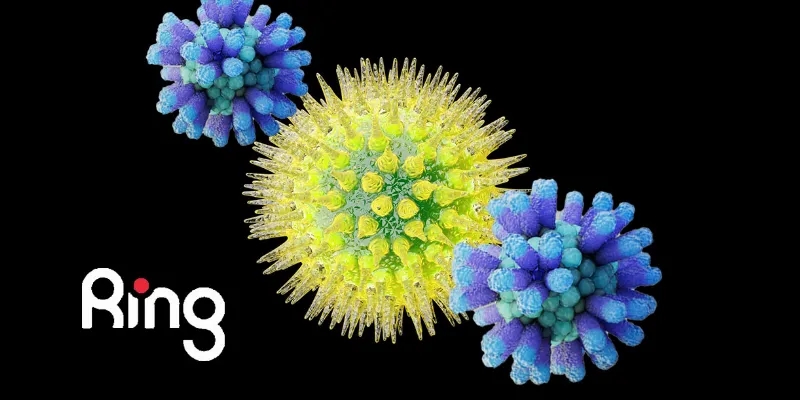
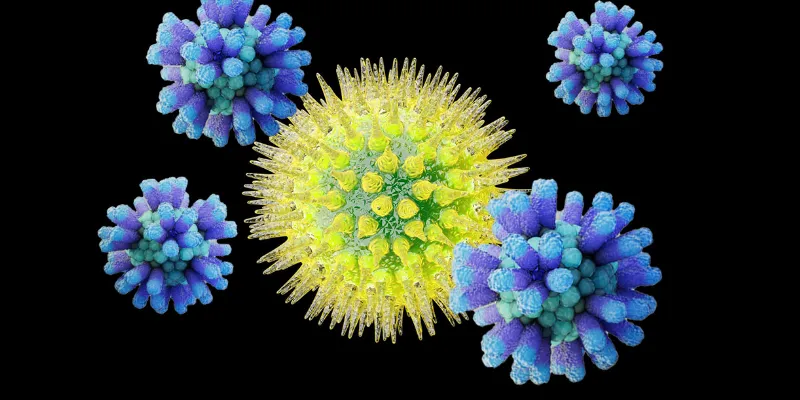
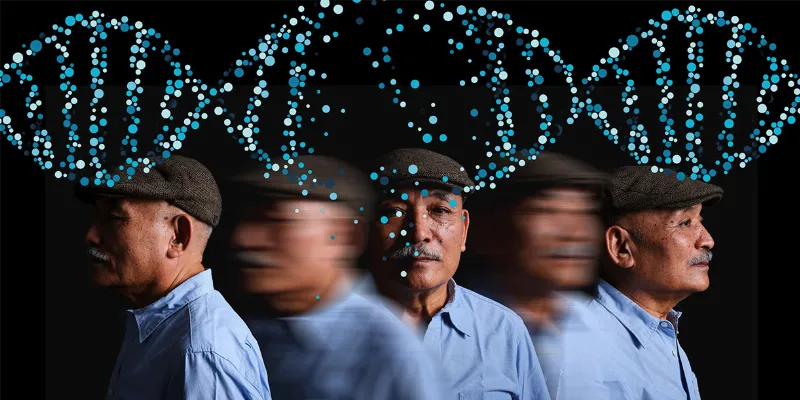

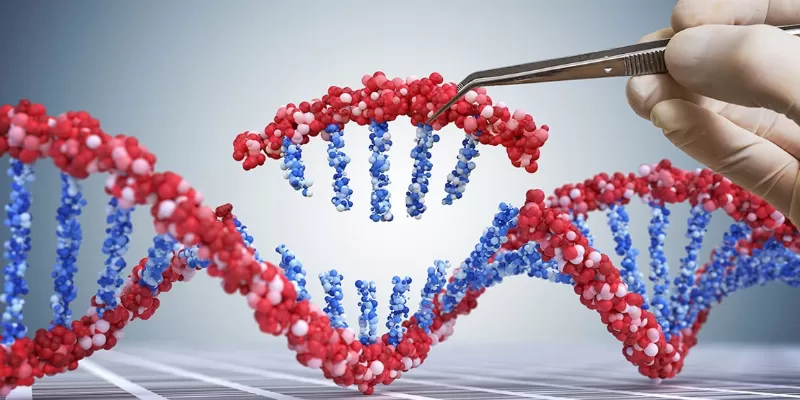
Comments
No Comments Yet!